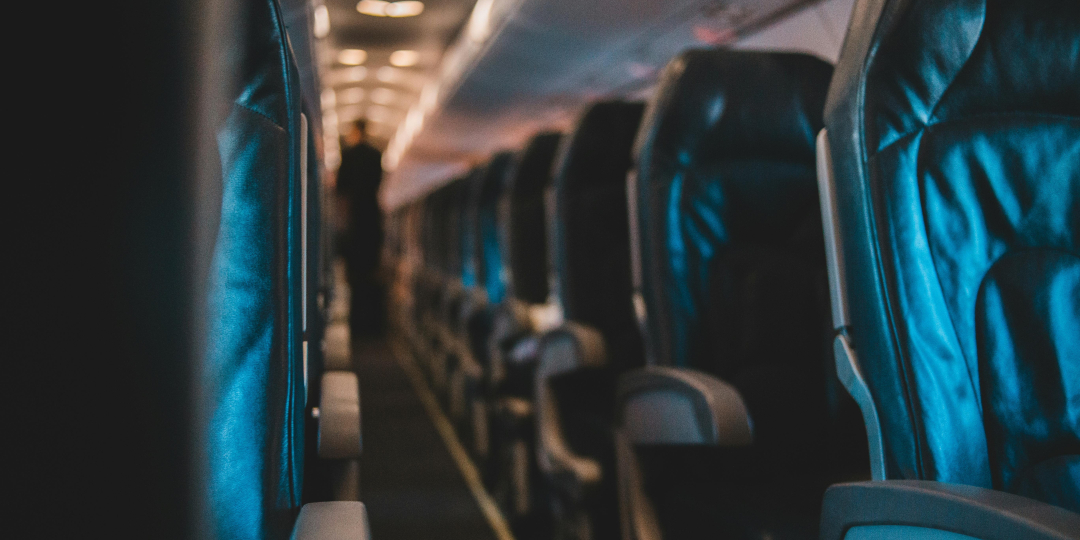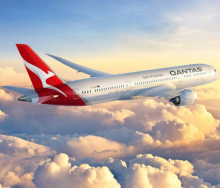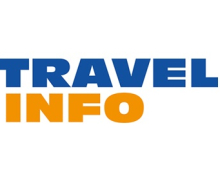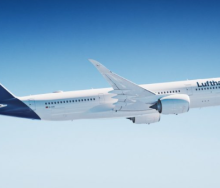Airlines have been unbundling economy-class tickets for the last few years, but more recently, unbundling of business-class fares looks set to become the norm. Some airlines are offering a range of types of business-class seats. For example, ‘business lite’ seats might exclude baggage, lounge access, seat selection and any other privileges of a business-class ticket.
Amadeus’s Travel Trends Report has identified this unbundling of business-class fares as a key trend emerging in 2024. According to the report, the trend started when Emirates began offering a ‘special’ business-class ticket in 2019. The cheaper ticket did not include lounge access, seat selection, upgrade-ability or chauffeur service.
This was followed by Qatar Airways introducing the Business Class Lite fare. Passengers opting for this fare earn fewer loyalty points and pay extra for lounge access or ticket changes. KLM shortly followed, introducing the Business Class Light fares in 2023.
But while the trend continues to gain traction, these deconstructed offers take up travel agents’ time and leave customers more and more confused. And that confusion can add up to a handsome profit for the airline concerned.
Travel agent X (who preferred to remain anonymous) told Travel News that, although he believed more and more airlines would follow this practice, it was unfair in principle for airlines to remove amenities that they knew passengers would have to buy, and therefore pay extra for.
Agent X used the example of airlines removing checked-in baggage from their cheapest economy fares, especially on long-haul overseas flights. “No one in their right mind will travel overseas without luggage!” he said.
“I also feel that once you pay for a ticket, you have bought a seat on the plane and therefore should not have to pay additionally for seat selection. Some airlines are even charging extra for pre-seating in business class. This is not fair.”
He explained that often, when you add it up, the cost of an unbundled air ticket with additional luggage, lounge access and special services works out to be more expensive than the cost of a traditional business-class ticket.
“Airfares are already in some cases 200% more than before COVID-19 so I cannot see how airlines can justify the pricing. And then having to pay for extras on top of that!” said travel agent X. He added that these tickets were confusing for clients booking online, who did not know they would have to pay extra for basic services.
ITC Alwin Miles-Nell, agreed. He said that in many instances when a client had attempted to cost a routing online themselves, it had resulted in total confusion and misunderstanding.
“In my opinion, all these new pricing options serve to disguise the actual cost of a reasonably inclusive ticket,” he said. “This only serves to increase the airline’s bottom-line profit.”
He explained that, from the perspective of his clients, an unbundled airfare was regarded as distasteful. “Although the fare may be less, a business-class or first-class traveller does not expect to have lounge access, for example, denied. I feel this is going to backfire on them in the long run.”
Business-class fares on NDC
Miles-Nell said that, while some cheaper business fares had been directed to NDC platforms, they were still limited. As a travel agent who sells mostly business- and first-class airfares, he has not been affected much by NDC or the push to direct airline websites yet. He credits the role of his consortium for this.
“As a travel agent, it is essential to be affiliated to a good consortium, as you will then have direct booking access via private fares, and still be competitive.”
Travel agent X worries that the future will be different. His concern is that while business-class fares are being unbundled, more and more airlines are moving to NDC and this will soon be the only way to access these cheaper business-class tickets.
“There are still a few airlines on the GDS that offer unbundled rates, but I have a feeling they will all move away from GDS soon and force us to use NDC platforms,” he said.
Travel adviser, Ushara Mahadav, said the unbundled offerings were becoming more common because it was a good way for airlines to make more money.
Mahadav agreed that the unbundling of tickets was adding to the already complex problem of airlines moving to NDC platforms.
“The airlines are making it more complicated and a lot more work for us with all the different fares and systems. In a world of technology, it should be becoming easier, but our jobs take a lot more time when we have to source the correct fares for clients.”














